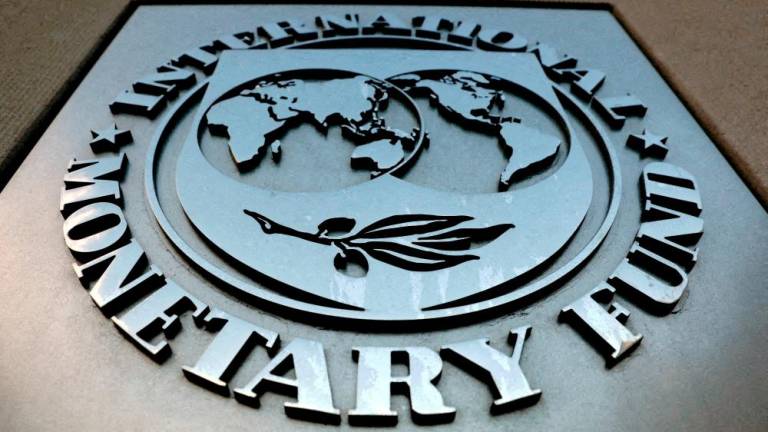PETALING JAYA: Fitch Ratings has affirmed Malaysia’s long-term foreign-currency issuer default rating (IDR) at ‘A-’ with a stable outlook.
“Malaysia’s ratings balance strong and broad-based medium-term growth with a diversified export base, against high public debt and some lagging structural factors, such as weak governance indicators relative to peers.
“The latter may gradually improve with ongoing government efforts to enhance transparency and address high-profile corruption cases,” it said in a statement today.
Fitch expects economic growth to slightly decelerate in the rest of 2019 due to the worsening external environment, but will hold up well at 4.4% and 4.5% in 2019 and 2020 respectively.
“Malaysia is a small open economy that is integrated into Asian supply chains, but it also has a well-diversified export base, which helps cushion the impact from a potential fall in demand in specific sectors,” it added.
While global trade tensions are likely to have a detrimental effect on Malaysia’s economy, it may be partially offset by near-term mitigating factors such as trade diversion, especially towards the elect-ronics sector.
Fitch expects private consumption to hold up well and public investment to pick up again in the next few years after the successful renegotiation of some big infrastructure projects, including the more prominent East Coast Rail Link.
“However, the outlook for private investment is more uncertain. FDI inflows were strong in the past few quarters, but investors will continue to face both external trade and domestic political uncertainty,” it said.
According to Fitch, Malaysia’s weak fiscal position relative to peers weighs on the credit profile, noting that the government’s repeal of the goods and services tax, which was replaced with the sales and service tax, has undermined fiscal consolidation.
The government aims to offset the revenue loss through measures to strengthen compliance, the introduction of a sugar tax and an increased stamp duty, and Fitch believes that the fiscal deficit target of 3.4% of gross domestic product (GDP) this year, which includes a special dividend from Petroliam Nasional Bhd, will be met.
“Political pressures and growth headwinds could motivate the government to increase its current spending, but we believe that if it does so, it would seek additional revenues or asset sales to contain the associated rises in the deficit and public debt,” it added.
Fitch estimates general government debt to gradually decrease from 62.5% of GDP in 2019 to 59.3% in 2021. It noted that the greater clarity provided by the government last year on contingent liabilities negatively influenced the debt ratios, but this is partly offset by the improved fiscal transparency.
“Significant asset sales, as intended by the government, could result in a swifter decline in the debt stock than we forecast in our base case,” it said.
Fitch said Malaysia’s business environment and credit profile can be strengthened by implementing reforms that institutionalise improved governance standards through stronger checks and balances as well as greater transparency and accountability.
Malaysia has been running annual current account surpluses for the past 20 years, and Fitch expects it to continue to do so in the next few years, even though the surplus is likely to narrow to below 2% of GDP.
The country’s foreign reserve buffers were US$102.7 billion (RM422.4 billion) at end-June while other external assets are also significant, including from sovereign wealth fund Khazanah Nasional Bhd.
“Malaysia is nonetheless relatively vulnerable to shifts in external investor sentiment, partly because of still-high foreign holdings of domestic government debt, although these have fallen to 21% from 33% three years ago.
“Moreover, short-term external debt is high relative to reserves, although a significant part of this constitutes intra-group borrowing between parent and subsidiary banks domestically and abroad, reflecting the open and regional nature of Malaysia banking sector,” said the rating agency.
Banking sector fundamentals remain broadly stable while monetary policy is likely to remain supportive of economic activity. Fitch expects another 25 basis points rate cut in 2020 on the back of continued external and domestic uncertainty.













